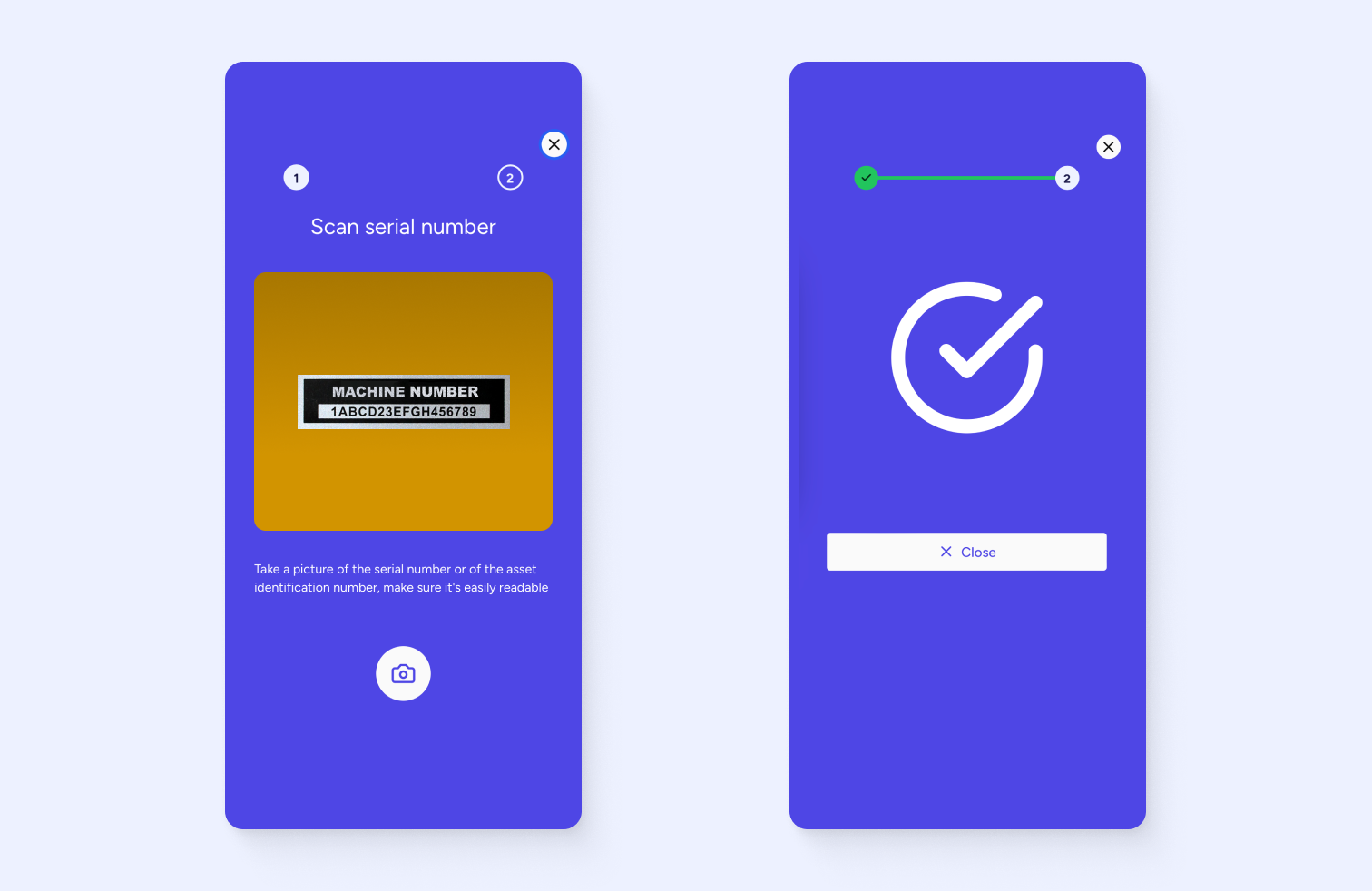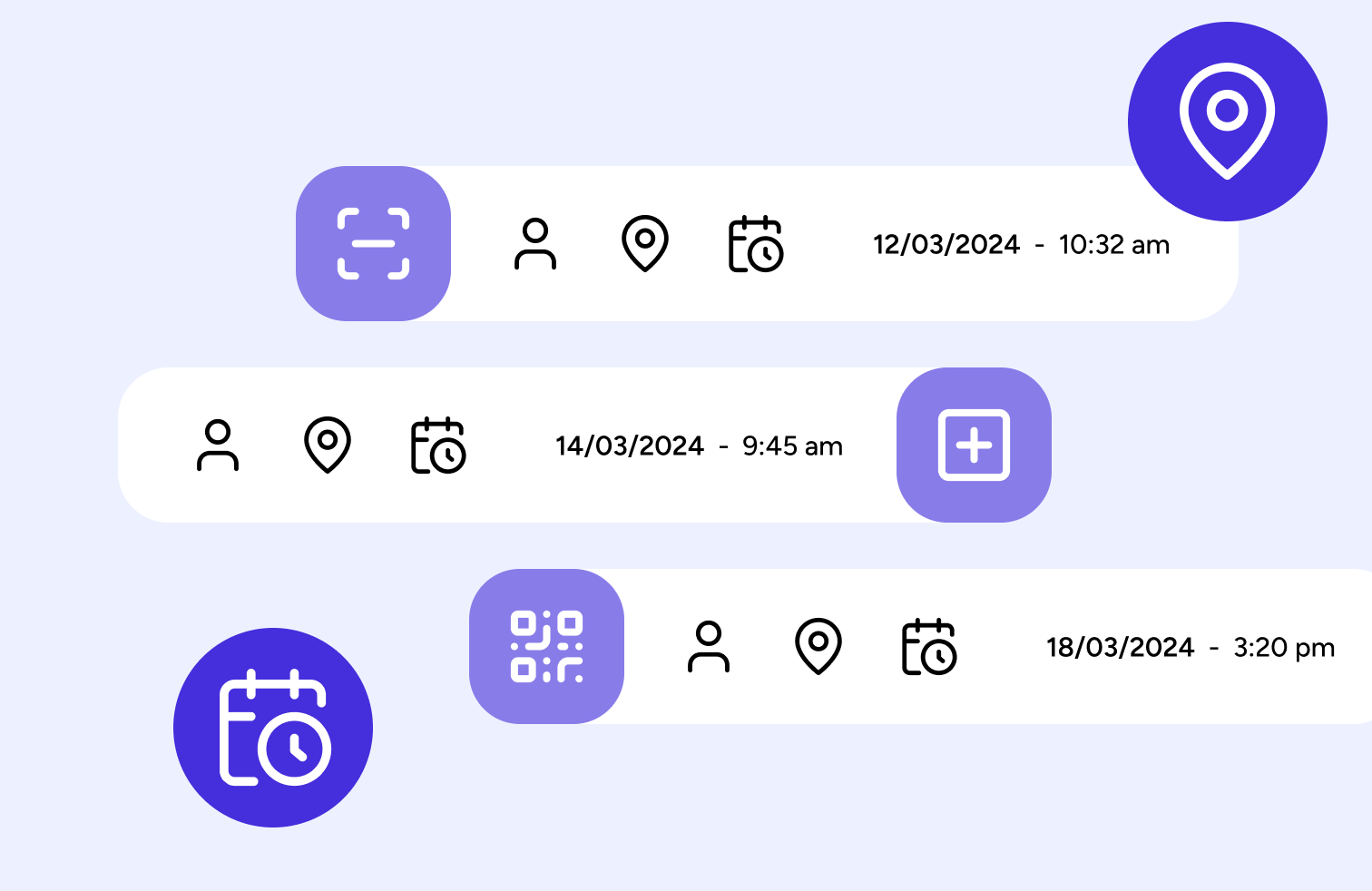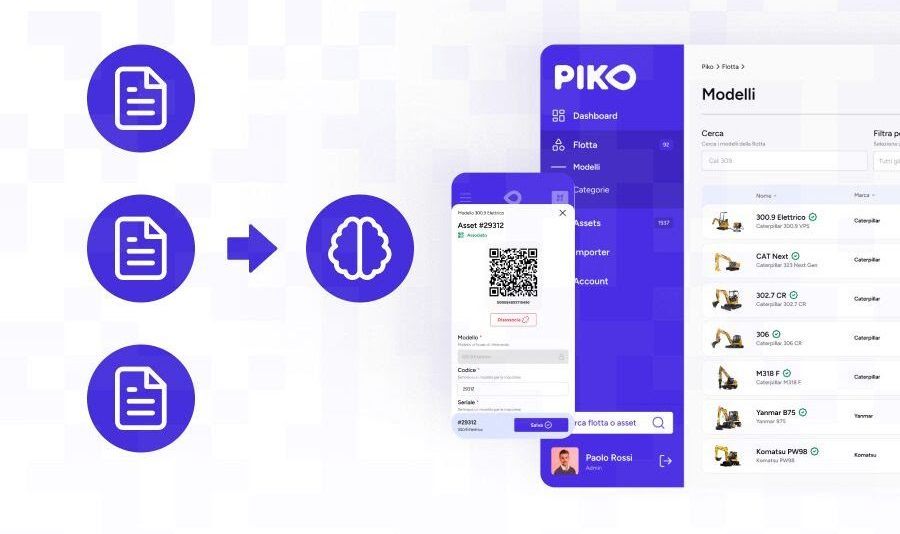The Future of Equipment Rental: How AI is Revolutionizing the Equipment Rental Industry

Discover how AI is revolutionizing the equipment rental industry with predictive maintenance, demand forecasting, and more, shaping the future of rentals.
The equipment rental industry is undergoing a significant transformation, driven by advancements in technology, particularly artificial intelligence (AI). Rental companies are increasingly leveraging AI to optimise operations, enhance customer satisfaction, and boost profitability in a competitive marketplace. This article delves into how AI is reshaping the equipment rental business, the key trends defining its evolution, and the future prospects for the industry.
Current Market Trends in the Rental Sector
As the construction sector expands, the demand for rental equipment is on the rise. Rental companies are turning to AI-driven analytics and automation to meet these demands while improving inventory and operational management. AI tools help analyse rental history and forecast demand, enabling businesses to allocate resources more effectively.
Customer satisfaction remains a top priority in this competitive market. Predictive analytics allow rental firms to anticipate customer needs and reduce wait times for equipment. These technology-driven approaches are redefining how companies operate, positioning them for long-term success.
How AI Enhances Rental Company Operations
AI significantly improves efficiency in equipment rental operations. From automating inventory tracking to enabling predictive maintenance, AI helps minimise downtime and optimise resource allocation. These benefits ensure companies can meet customer expectations while improving asset utilisation.
Additionally, AI’s real-time market analysis capabilities allow rental firms to tailor their offerings to meet specific demands. This agility fosters innovation and enhances customer satisfaction, solidifying the role of AI as a critical tool for rental businesses to thrive.
Key Trends Shaping the Future of Equipment Rental
The adoption of AI in predictive maintenance and data analytics is one of the most significant trends in the industry. Rental companies can now ensure equipment availability by forecasting demand accurately.
Automation is also transforming the rental process, simplifying tasks like customer interactions and invoicing. Coupled with a growing focus on sustainability, AI tools allow firms to optimise resource usage and minimise their environmental impact. These trends underscore the importance of adopting advanced technologies to remain competitive.
How AI Improves Customer Experience
AI enhances customer service through personalisation and efficiency. By analysing customer data, rental companies can offer tailored solutions that align with client needs, strengthening customer relationships. AI-driven chatbots and virtual assistants provide real-time support, making the rental process smoother and more user-friendly.
Through these innovations, companies can differentiate themselves in the market and foster customer loyalty, crucial for long-term success.
The Benefits of AI in Equipment Rental
AI streamlines key processes, including inventory management and demand forecasting. These efficiencies reduce downtime and operational costs, enhancing profitability. Advanced analytics also help companies make informed decisions, improving their ability to adapt to market trends.
Additionally, automation reduces human error, ensuring accurate operations and faster service delivery. By embracing AI, rental companies position themselves to succeed in a competitive and evolving market.
Get started today! Book a free demo to see how PIKO can help you manage your fleet structure and assets. With features like bulk document uploads, QR codes for on-site access, and flexible access levels, you’ll have full control over your machinery’s documentation. Plus, our experts can assist with easy integration into your company’s systems.





